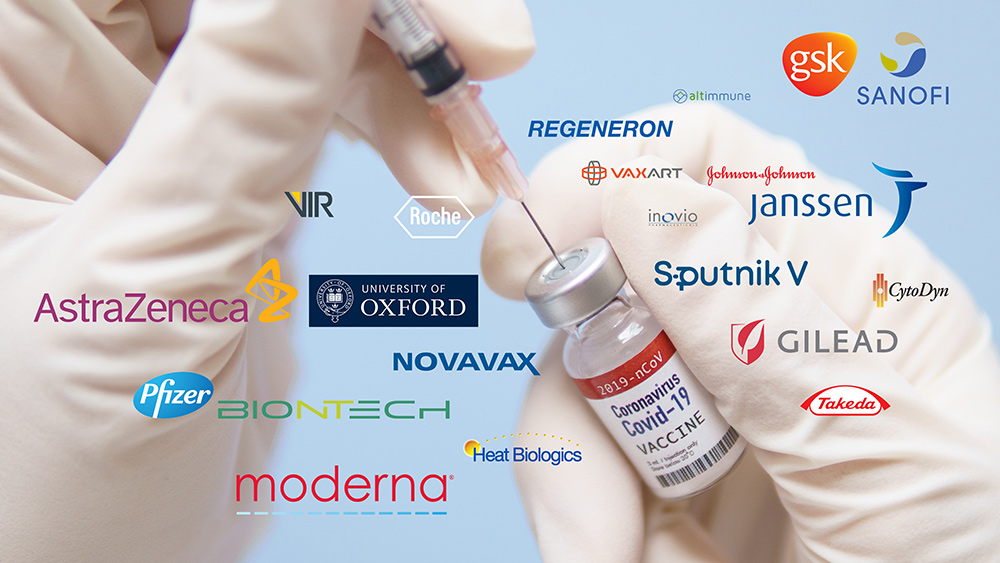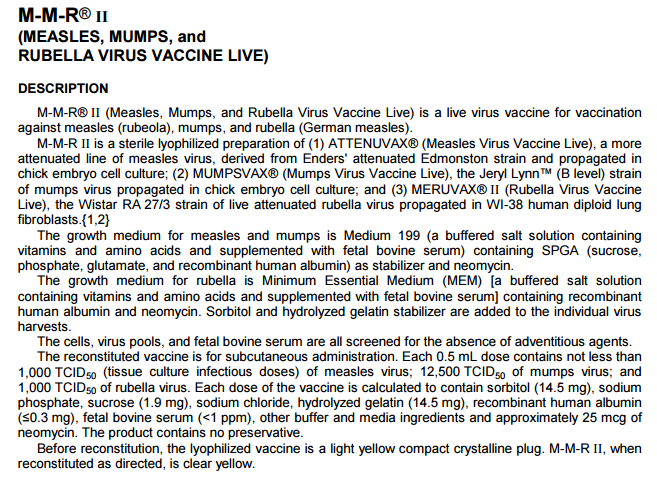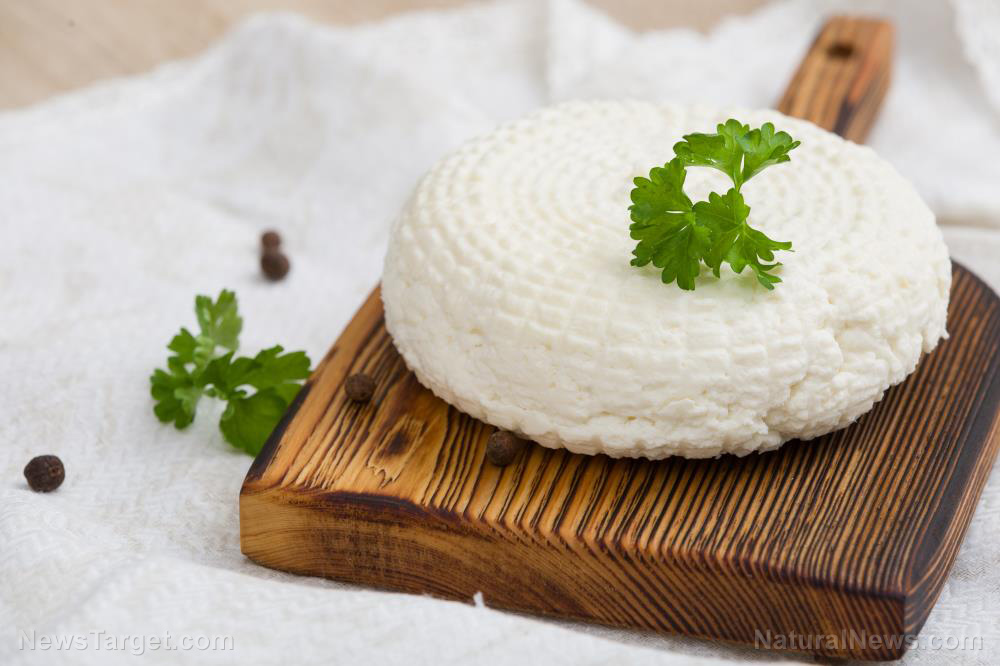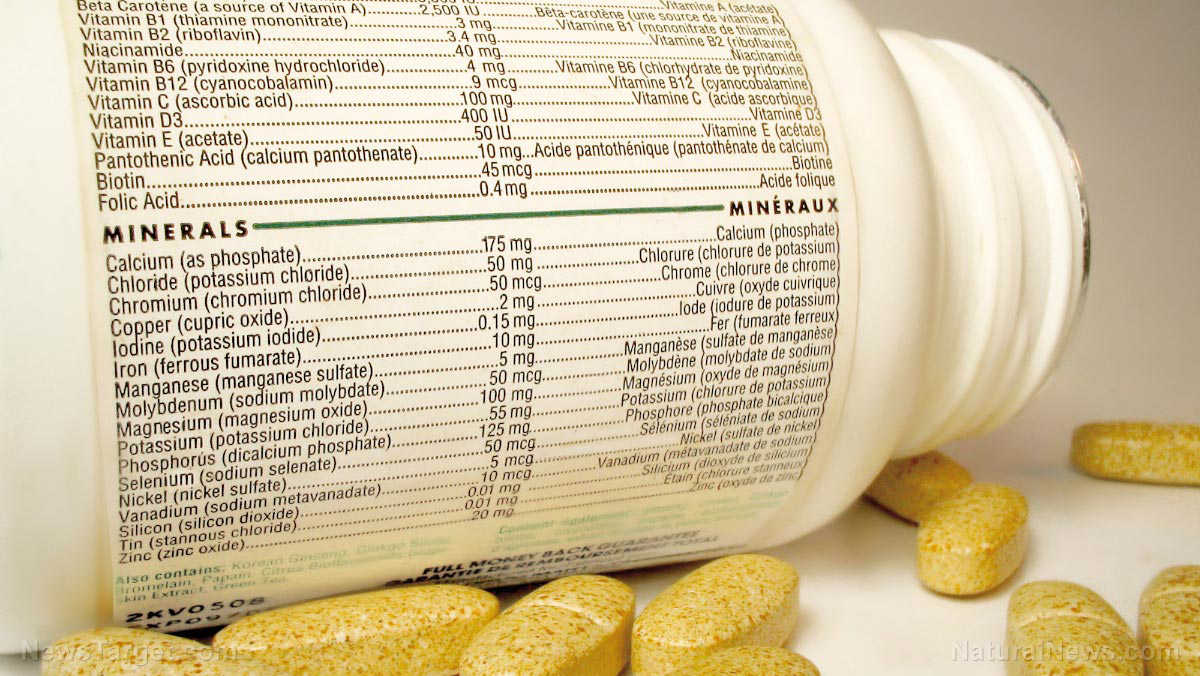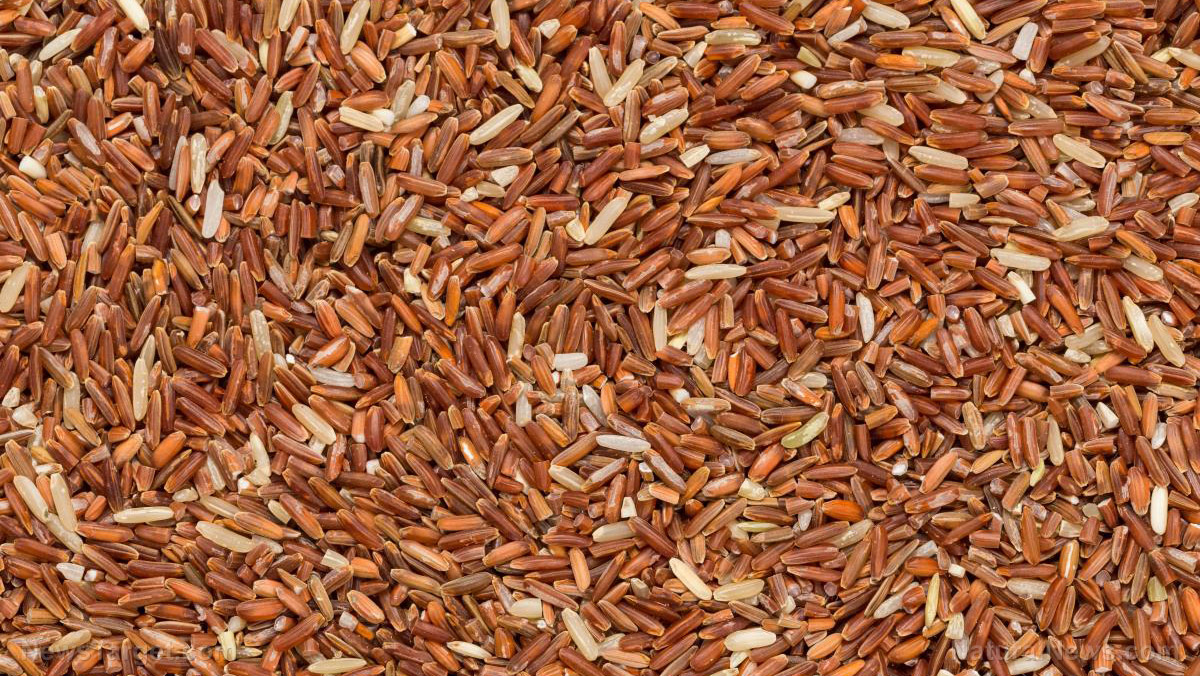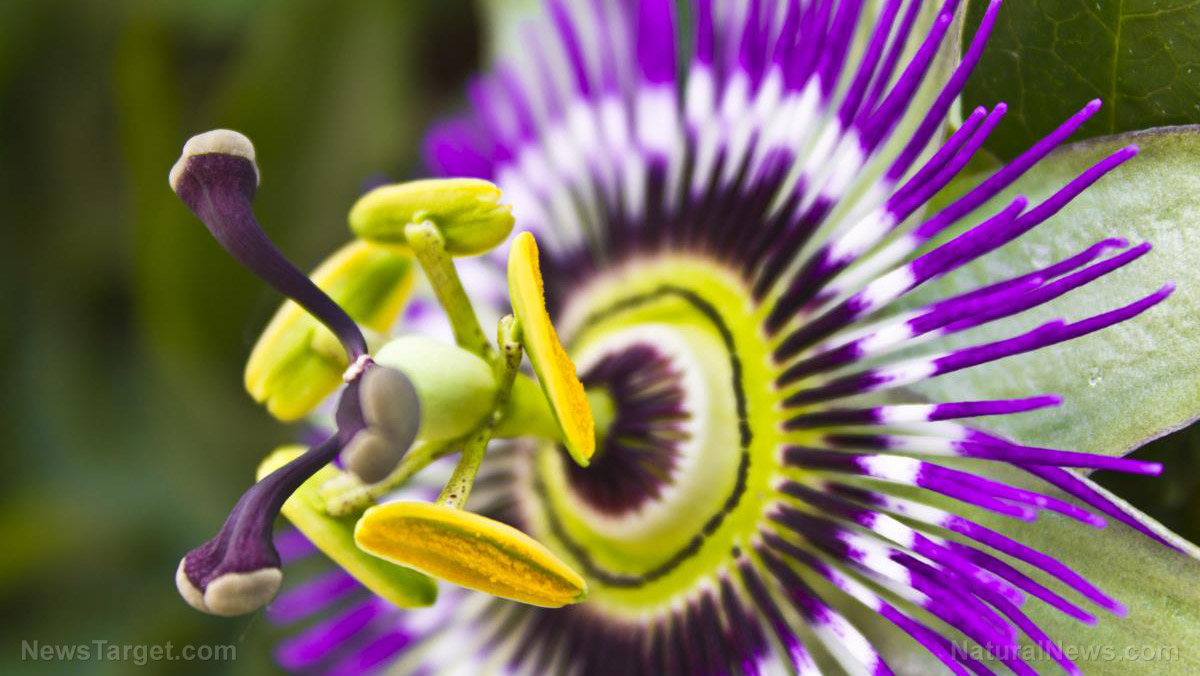Spirulina: The protein-packed algae taking over wellness trends
04/08/2025 / By Laura Harris
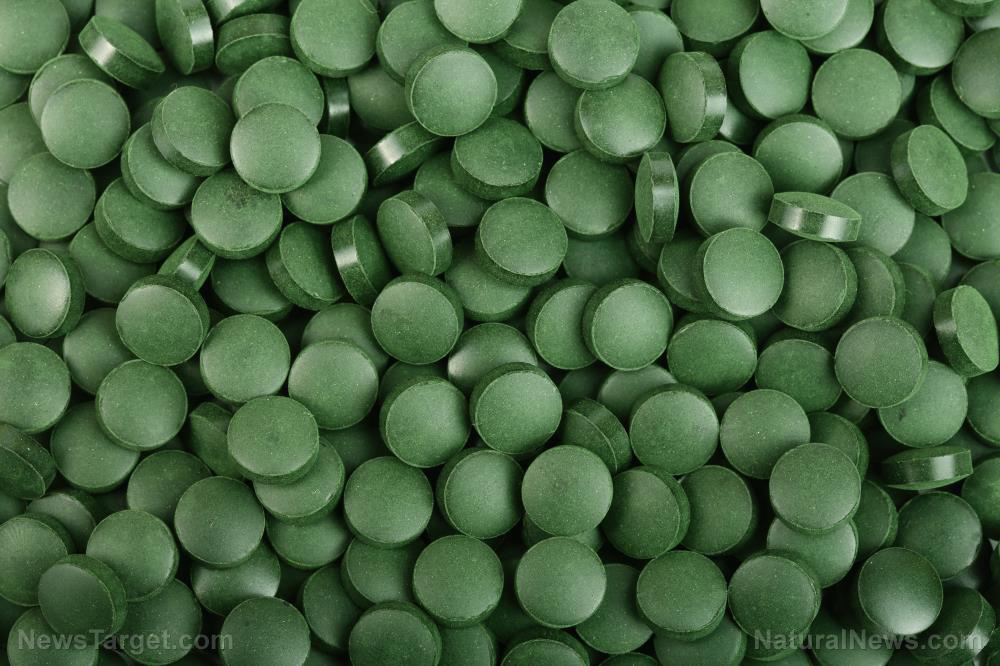
- Spirulina is a nutrient-rich blue-green algae (cyanobacteria) that has been consumed by ancient civilizations for centuries. It was rediscovered in the 1960s due to its high protein content and potential as a sustainable food source.
- Packed with protein (all essential amino acids), iron, B vitamins, antioxidants (like phycocyanin) and omega fatty acids, spirulina is ideal for vegans, athletes and health-conscious individuals.
- Spirulina can boost immunity, support heart health, aid in detoxification, enhance endurance and improve gut health. Risks include contamination (if sourced poorly), digestive issues and potential immune stimulation in autoimmune conditions.
- Choose organic, third-party-tested spirulina to avoid toxins (e.g., heavy metals, microcystins). Opt for controlled farm sources over wild-harvested products.
- Spirulina can be easily added to smoothies, energy balls, savory dishes (hummus, pasta) and desserts (chocolate bark, ice cream) for a nutrient boost.
In the world of superfoods, few ingredients boast as impressive a nutritional profile as spirulina. This blue-green algae has been consumed for centuries, revered for its dense concentration of vitamins, minerals and antioxidants. But what exactly is spirulina, and why has it gained such a devoted following in modern wellness circles?
Spirulina: a nutritional powerhouse
Spirulina (Arthrospira platensis) is a type of cyanobacteria, often referred to as blue-green algae, that thrives in warm, alkaline waters. Unlike other algae, spirulina is edible and has been consumed for thousands of years.
Historical records suggest that the Aztecs harvested spirulina from Lake Texcoco in Mexico, drying it into cakes called tecuitlatl. Similarly, African communities around Lake Chad have long used spirulina (dihe) as a dietary staple.
Spirulina was reintroduced to the modern world in the 1960s, when scientists recognized its potential as a high-protein, nutrient-dense food source. NASA even considered it for astronaut nutrition due to its compact yet complete nutritional profile.
Today, spirulina is cultivated worldwide, primarily in controlled farms to ensure purity and quality.
A nutrient powerhouse, just one tablespoon (seven grams, g) of dried spirulina powder provides:
- 4 g of protein with all essential amino acids
- 11 percent of the RDA for iron (highly bioavailable)
- B vitamins, especially B1 (thiamine), B2 (riboflavin) and B3 (niacin)
- 21 percent of the RDA for copper
- Magnesium, potassium and manganese
- Antioxidants like phycocyanin, also a potent anti-inflammatory compound
- Omega-3 and omega-6 fatty acids
Due to its high protein content, spirulina is a favorite among vegans, athletes and those seeking plant-based nutrition.
Health benefits and risks
Research suggests that spirulina can offer several health benefits. It can boost immunity due to active compounds like phycocyanin and polysaccharides. It can also support heart health by lowering LDL cholesterol and triglyceride levels. Studies show that spirulina also has detoxifying properties and is able to reduce heavy metal toxicity.
Athletes may also benefit from spirulina’s ability to enhance endurance by reducing oxidative stress. Furthermore, spirulina acts as a prebiotic, promoting good gut health. (Related: Research finds spirulina lowers blood pressure.)
However, there are some risks to be aware of. If sourced from polluted waters, spirulina may be contaminated with harmful toxins. Consuming it in excessive amounts could lead to digestive discomfort. Individuals with autoimmune conditions should also exercise caution, as spirulina may stimulate an immune response, potentially worsening symptoms.
Spirulina has the ability to absorb substances from its environment, which means that low-quality products may be contaminated with harmful elements such as heavy metals (e.g., lead, mercury and arsenic), microcystins (toxic compounds from polluted water) and pesticides (if grown in non-organic conditions).
To ensure you’re choosing a safe and high-quality spirulina product, look for organic certification, which guarantees that the source was not exposed to synthetic pesticides. Additionally, opt for brands that undergo third-party testing for heavy metals and microcystins, and prioritize reputable suppliers, ideally those that source from controlled farms instead of the wild.
Culinary uses and recipes
Spirulina’s earthy, slightly oceanic taste makes it a versatile ingredient in sweet and savory dishes. Here are some popular ways to enjoy it:
Smoothies and juices
- Green superfood smoothie: Blend with banana, spinach, almond milk and chia seeds.
- Detox Juice: Mix with apple, lemon, ginger and celery.
Energy balls and bars
- Spirulina protein balls: Combine with dates, nuts and cacao.
- Raw energy bars: Mix with oats, coconut and honey.
Savory dishes
- Spirulina hummus: Add a teaspoon to chickpea dip for extra nutrients.
- Algae pasta: Toss spirulina powder into homemade pasta dough.
Desserts
- Spirulina chocolate bark: Mix with dark chocolate and nuts.
- Blue-green ice cream: Blend with coconut milk and vanilla.
This story is not medical advice and is not intended to treat or cure any disease. Always consult with a qualified naturopathic physician for personalized advice about your specific health situation or concern.
Visit NaturalNews.com, a great article source where you can learn about superfoods and their health benefits.
You can also try Brighteon.ai, an AI model created by Mike Adams, also known as the Health Ranger. This model is available as a free download to be run locally and is designed to help share and decentralize knowledge. By doing so, it aims to bypass censorship and empower people with knowledge.
If you’re looking for an uncensored video free speech website where you can openly discuss nutrition, natural medicine, ingredients and more, check out Brighteon.com and out two free speech social media sites, Brighteon.IO and Brighteon.social.
Watch this video to learn about the complete nutrition that spirulina offers.
This video is from the Holistic Herbalist channel on Brighteon.com.
More related stories:
Health benefits of taking spirulina daily.
Spirulina – the ultimate ocean protein.
Spirulina protects against COVID death, study finds.
Sources include:
Submit a correction >>
Tagged Under:
#nutrition, food cures, food is medicine, food science, functional food, grocery, health science, ingredients, natural cures, natural health, natural medicine, nutrients, organics, protein, spirulina, supplements
This article may contain statements that reflect the opinion of the author

